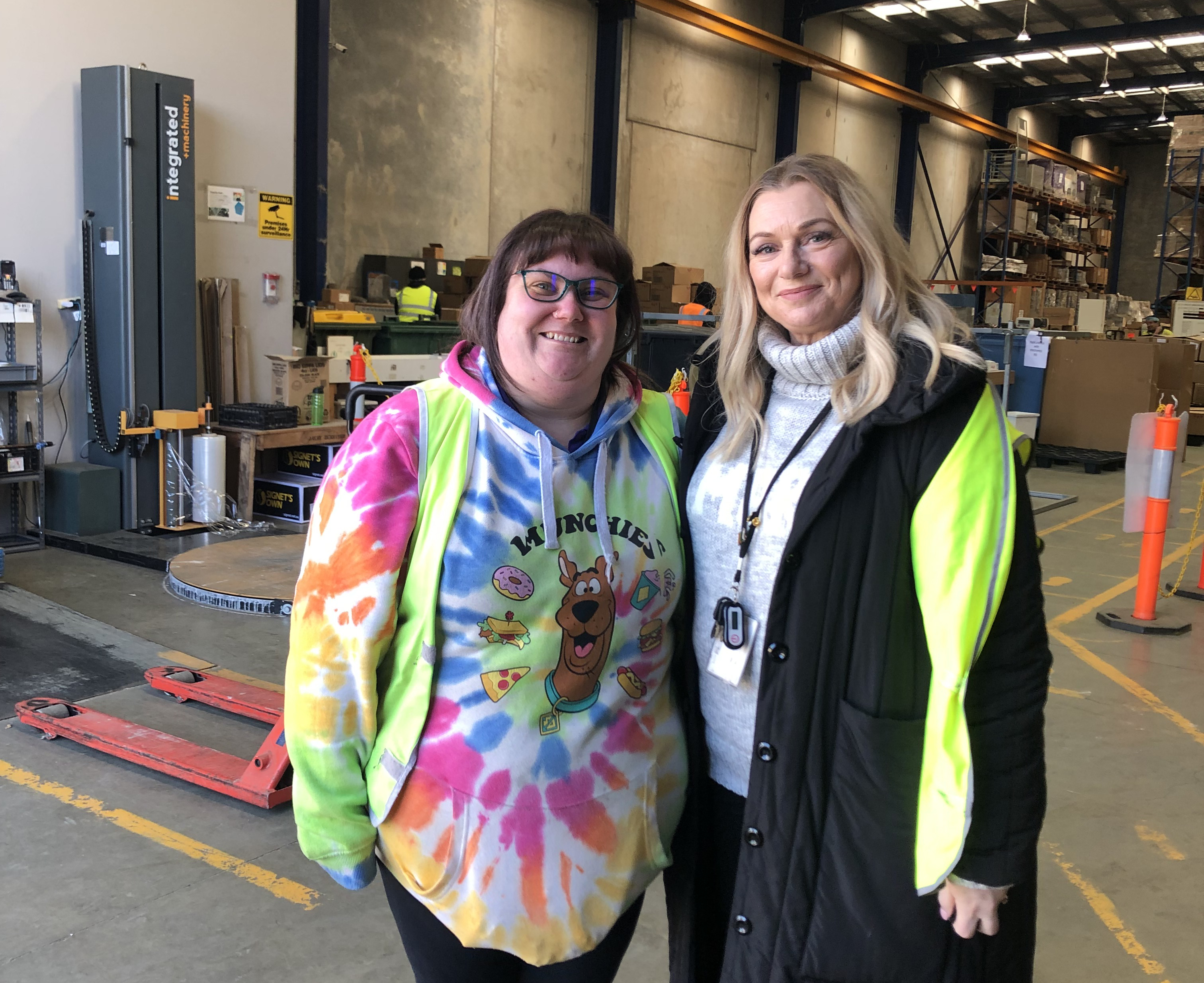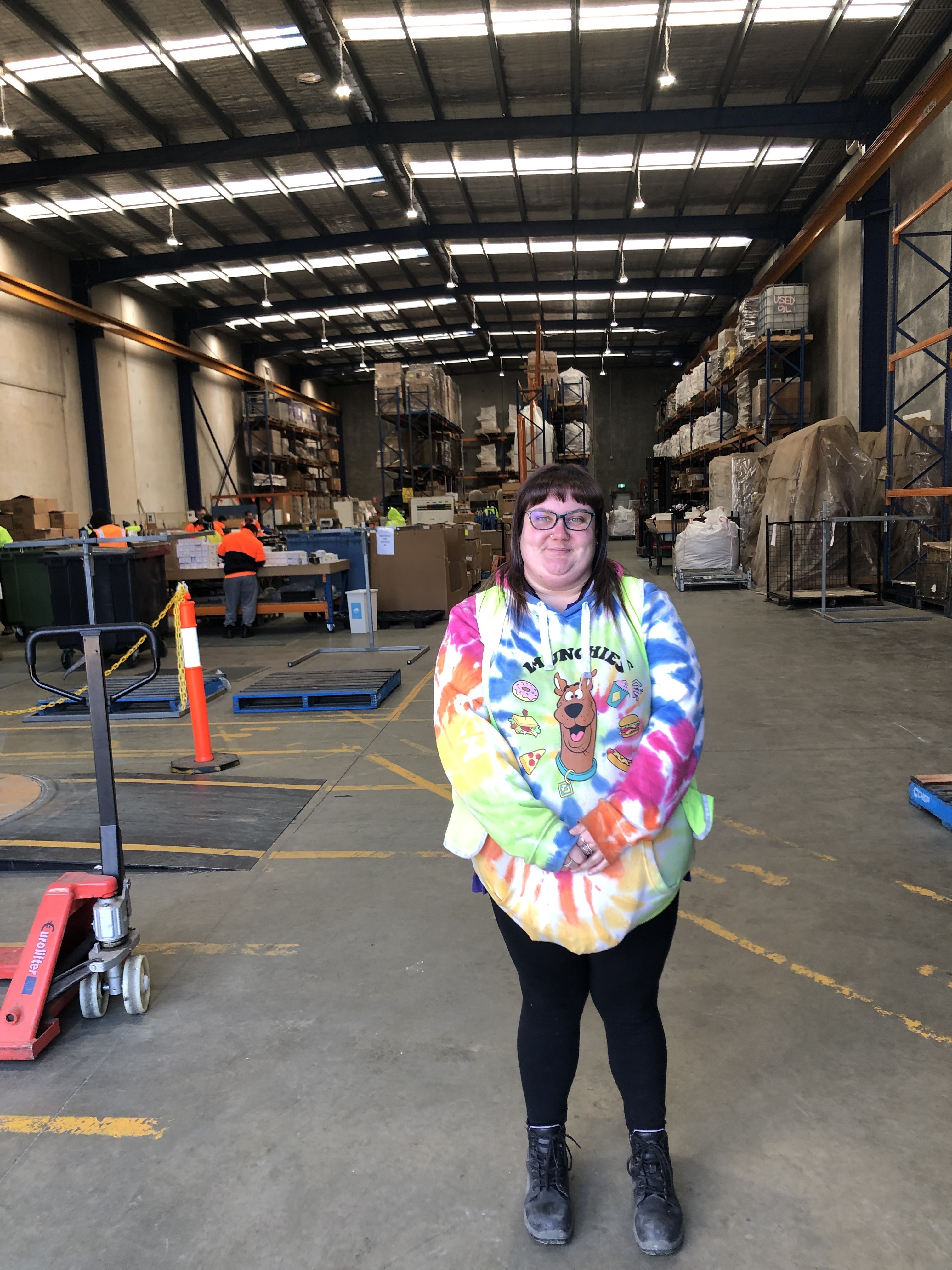We increased opportunities for people living with disability
BSL works with the National Disability Insurance Agency (NDIA) across 21 local government areas in metropolitan Melbourne as a Partner in the Community to deliver Early Childhood and Local Area Coordination (LAC) services.

These link people with disability to the NDIS (National Disability Insurance Scheme), and to other community and mainstream services that they need. We have been delivering Local Area Coordination (LAC) in five regions across Victoria since July 2016 and commenced as an Early Childhood (EC) provider in November 2016. BSL now works with over 49, 333 individuals with a disability in LAC and EC, representing nearly 10% of all NDIS participants. BSL is working towards all people living with a disability or developmental delay having the opportunity to participate and contribute to their local communities and engage with mainstream programs and services.
Advocacy for system change
Through its work as a Partner in the Community with the NDIA, BSL has been examining the design of the National Disability Scheme and advocating to ensure the Scheme is fit for purpose.
We are focusing on policies to improve:
- Recognition of inclusion as a human right, and inclusive design (of products, services, and systems) - those who are most vulnerable must receive the support they require in a form that is timely and appropriate to each person’s circumstances and culture. All adults and children with disability (or developmental delay) must have the opportunity to reach their goals, exercise choice and live a life of common dignity as they participate in and contribute to their local communities.
- Capacity building - the role of the NDIS team has a significant focus on building community as well as the individual capacity to expect inclusion and have the support and skills to make this successful. LAC and EC services need to be person-centred in their approach, experts in local communities, compassionate, skilled, and experienced, delivering effective and sustainable services in support of people with disability.
- Co-design – people with disability are central to any advocacy, change or systems reform and must be included from the ground up. Families, caregivers and people with disability must have the confidence, capability and support required to advocate for their own needs.
- Disability employment – for people living with a disability, the unemployment rate is double compared to that of working-age Australians. It’s important that we strengthen our employment services to better support those living with a disability to enter and remain attached to the workforce.
Our Social Policy and Research Centre (SPARC) in collaboration with the NDIS teams produced the following papers in the last year:
- Response to the exposure draft of the NDIS Amendment Bill
- Response to the review of Victoria’s Disability Act
- Senate Inquiry into NDIS Amendment bill
- Submission re the Disability Royal Commission on Australian Disability Enterprises (ADEs)
- Current Scheme Implementation and Forecasting for the NDIS
- Submission re the New Disability Employment Service Model (bsl.org.au)
- Environmental scan part 1: Current research and evaluation to promote economic participation of people with disability | Brotherhood of St. Laurence (bsl.org.au)
- Environmental scan part 2: Views of experts on effective employment interventions for people with disability | Brotherhood of St. Laurence (bsl.org.au)
- Ten strategies to improve employment outcomes for people with disability
Increased support for people with disability
Despite the challenges of COVID-19, we continued to keep our offices open and worked alongside people with disability, their families and carers to promote all forms of inclusion as well as social and economic participation. Our Local Area Coordination teams directly supported 33,760 people with disability and our Early Childhood teams supported 15,573 children and families. We significantly reduced waiting times in Early Childhood using dedicated cross-regional and cross-program teams.
With a total of 49,333 individuals with disability directly supported, this is an increase of almost 8,000 participants from last year
Our NDIS team attended 1,456 community engagement and capacity-building events. The three most common groups we worked with were:
- Mainstream Child and Family Services
- Aboriginal and Torres Strait Islander Services
- Local Government
Our Transition to Work and SPARC teams collaborated to deliver Pathways to Employment , a pilot project aimed at increasing mainstream employment opportunities for young people with disability in the Hume region of north-west Melbourne. The project involves adapting, extending and evaluating the Transition to Work program and exploring what’s working well, the challenges that have been encountered, and how the program could be refined and improved.
Deejay's employment goals are supported

People with disability face a number of structural barriers to gaining and sustaining employment. Our work in NDIS Services is committed to breaking down these barriers and supporting employment outcomes for people with disability.
When she first met with her Local Area Coordinator, DeeJay had goals of increasing her independence and securing full-time employment in the administration and reception field.
After connecting with Mambourin Business Solutions (MBS), DeeJay had the opportunity to develop her skills and confidence working in the warehouse, before moving into an administrative position. DeeJay was then promoted to a supervisor role as a full-time employee and now no longer requires employment support.
DeeJay’s progress in the workplace has only further motivated her to continue working toward her goals, which now include obtaining her forklift license.
Learn more about how we support people living with disability: https://www.bsl.org.au/services/people-with-disability/